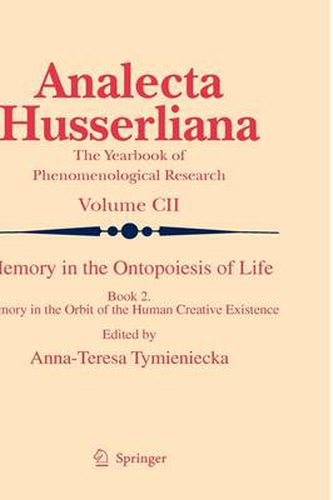Readings Newsletter
Become a Readings Member to make your shopping experience even easier.
Sign in or sign up for free!
You’re not far away from qualifying for FREE standard shipping within Australia
You’ve qualified for FREE standard shipping within Australia
The cart is loading…






This title is printed to order. This book may have been self-published. If so, we cannot guarantee the quality of the content. In the main most books will have gone through the editing process however some may not. We therefore suggest that you be aware of this before ordering this book. If in doubt check either the author or publisher’s details as we are unable to accept any returns unless they are faulty. Please contact us if you have any questions.
An individual has the potentiality to develop himself/herself during each period of his/her life. This potential for development can be affected by many diff- ent factors. These factors are divided into two main areas as internal factors and external factors. The common assumption is that internal factors are more effective than external factors. This is the dilemma about learning which p- cess of lifelong learning is related to self-actualization. In this paper, discussion is limited to concept of lifelong learning and self actualization. LIFELONG LEARNING An individual can take proper support form many components such as family, education system, media and peers. However, they may not provide proper s- port for the individual. Thus, the individual needs more pedagogical support to solve problems of life, develop his/her skills and capabilities. The pedagogical support should be given by educational system. Teaching and learning in some areas such as math, science, drawing, social studies and so on were de ned as pedagogical support in the past. But, this approach is weakening in today. During teaching and learning processes teacher and learner should focus on the learning rather than the teaching. The concept of learning is likely to be argued in many dimensions. The c- cepts of teaching and learning tend to be rede ned based on the latest changes.
$9.00 standard shipping within Australia
FREE standard shipping within Australia for orders over $100.00
Express & International shipping calculated at checkout
This title is printed to order. This book may have been self-published. If so, we cannot guarantee the quality of the content. In the main most books will have gone through the editing process however some may not. We therefore suggest that you be aware of this before ordering this book. If in doubt check either the author or publisher’s details as we are unable to accept any returns unless they are faulty. Please contact us if you have any questions.
An individual has the potentiality to develop himself/herself during each period of his/her life. This potential for development can be affected by many diff- ent factors. These factors are divided into two main areas as internal factors and external factors. The common assumption is that internal factors are more effective than external factors. This is the dilemma about learning which p- cess of lifelong learning is related to self-actualization. In this paper, discussion is limited to concept of lifelong learning and self actualization. LIFELONG LEARNING An individual can take proper support form many components such as family, education system, media and peers. However, they may not provide proper s- port for the individual. Thus, the individual needs more pedagogical support to solve problems of life, develop his/her skills and capabilities. The pedagogical support should be given by educational system. Teaching and learning in some areas such as math, science, drawing, social studies and so on were de ned as pedagogical support in the past. But, this approach is weakening in today. During teaching and learning processes teacher and learner should focus on the learning rather than the teaching. The concept of learning is likely to be argued in many dimensions. The c- cepts of teaching and learning tend to be rede ned based on the latest changes.